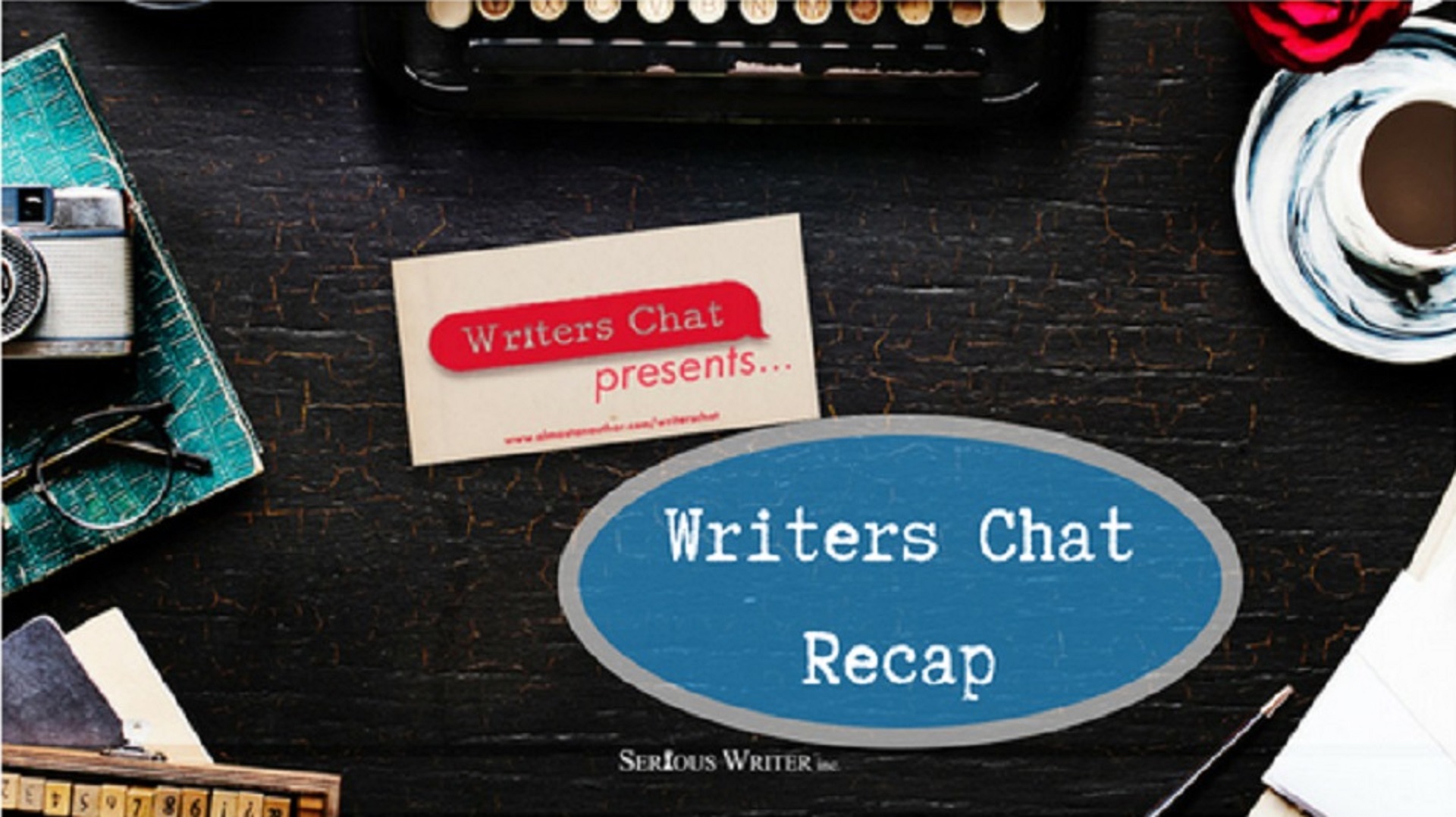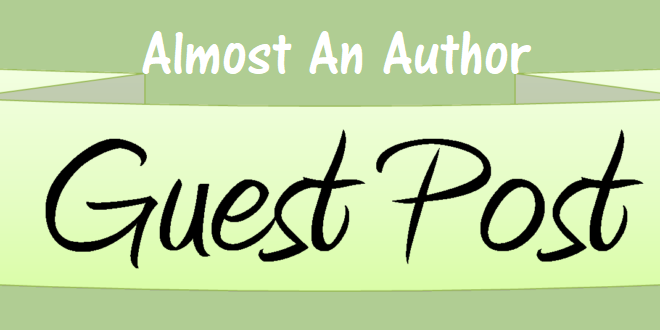
Writing with a Disability (Different Ability)
BOTM
Recently I had a talk with a young brain cancer survivor I have mentored and encouraged for years. He…
February 27, 2025
Recently I had a talk with a young brain cancer survivor I have mentored and encouraged for years. He…
February 27, 2025
“Each of us have moments when we are swept away by an inner sense of excitement about something we…
August 13, 2021
Writers Chat, hosted by Jean Wise, Johnnie Alexander, and Bethany Jett, is the show where we talk about all…
December 1, 2020
Your main character stands on the edge of a cliff, a five hundred foot drop to jagged rocks below.…
December 7, 2019
Being a teenager is hard. Especially a teenager striving to be a published author. It’s stressful finding time to…
August 28, 2017